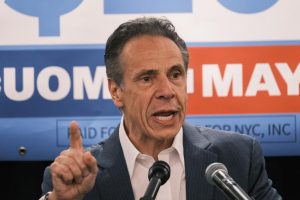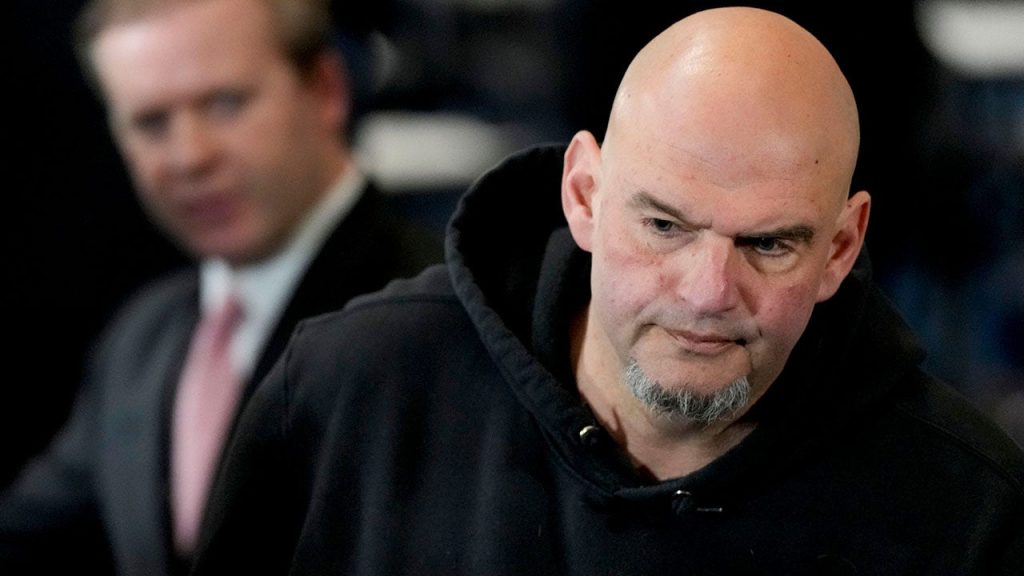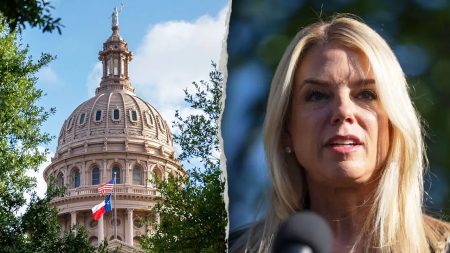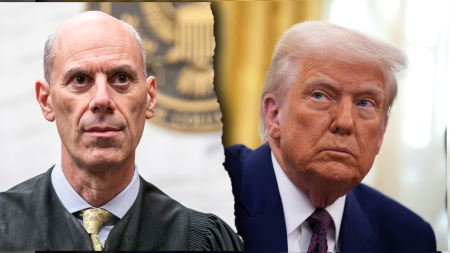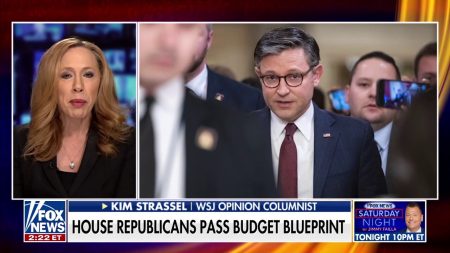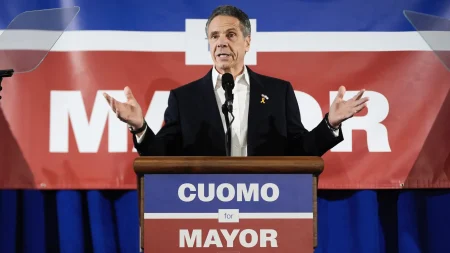Senator John Fetterman of Pennsylvania finds himself in a pivotal position regarding the confirmation of Robert F. Kennedy Jr. to the helm of the Department of Health and Human Services (HHS). Kennedy, a figure with a complex and often controversial history, has embarked on a campaign to secure the necessary support for his confirmation. Fetterman, acknowledging the weight of his decision, has engaged in extensive due diligence, including multiple meetings with Kennedy and a thorough review of his background and Senate hearing testimonies. While he has yet to publicly declare his stance, Fetterman has admitted that the decision is far from straightforward and has engaged in discussions with colleagues on both sides of the aisle, highlighting the challenging nature of Kennedy’s nomination.
Kennedy’s journey to this juncture has been unconventional, to say the least. A lifelong Democrat, he mounted a presidential campaign against incumbent Joe Biden, later switching to an independent bid before ultimately dropping out to endorse Donald Trump. This political maneuvering has added another layer of complexity to his nomination, requiring him to navigate a political landscape fraught with partisan divides. His confirmation hearings before the Senate Finance Committee and the Health Committee were marked by intense scrutiny, with Democrats leading the charge in questioning his stances on vaccines, abortion, and Medicaid. Despite surviving these initial hurdles, Kennedy still faces the critical tests of committee and full Senate confirmation votes. The department he seeks to lead encompasses 18 influential federal agencies, including the Centers for Disease Control and Prevention (CDC), the Food and Drug Administration (FDA), the National Institutes of Health (NIH), and the Centers for Medicare and Medicaid Services (CMS). This vast portfolio underscores the significant impact his leadership could have on the nation’s health and well-being.
The controversy surrounding Kennedy’s candidacy is rooted in his longstanding and outspoken views on vaccines, the pharmaceutical industry, and the food industry. These views, often considered controversial and even misleading by critics, have raised serious concerns among lawmakers. Senator Bill Cassidy, a Republican from Louisiana and a crucial vote on the committee, expressed his reservations regarding Kennedy’s history of questioning vaccine efficacy. Cassidy’s concerns highlight the delicate balance Kennedy must strike to gain bipartisan support. He must assure lawmakers that he can be trusted to prioritize public health while simultaneously appealing to the Trump administration’s agenda. This tightrope walk is further complicated by his past comments on abortion, a highly sensitive and divisive issue. While having previously expressed support for codifying Roe v. Wade, Kennedy now faces the challenge of aligning himself with the Republican party’s pro-life stance.
Kennedy’s vision for the HHS, if confirmed, centers on a paradigm shift towards promoting healthy lifestyles. He proposes overhauling dietary guidelines, targeting ultra-processed foods, and addressing the root causes of chronic diseases. This approach represents a departure from the traditional focus of the department and could have far-reaching implications for public health policy. His ability to effectively implement these changes, however, hinges on his ability to garner the support of a divided Congress and address the concerns raised about his past pronouncements.
Senator Lindsey Graham, a prominent Republican voice on the Senate Judiciary Committee, has expressed his support for Kennedy, despite the nominee’s previous pro-choice stance. Graham’s endorsement comes with the caveat that he will closely monitor Kennedy’s actions to ensure alignment with the Trump administration’s pro-life agenda. This conditional support highlights the delicate balance Kennedy must maintain to appease different factions within the Republican party. His past statements and actions have created a complex web of expectations and anxieties that he must navigate carefully to secure confirmation.
The confirmation process for Robert F. Kennedy Jr. serves as a microcosm of the larger political landscape in the United States. It underscores the deep divisions within the country, the increasing polarization of political discourse, and the challenges of finding common ground on critical issues like public health. Kennedy’s nomination has forced lawmakers to grapple with complex questions about the role of personal beliefs versus public responsibility, the importance of scientific evidence in policymaking, and the delicate balance between individual freedom and the collective good. The outcome of this confirmation process will have profound implications not only for Kennedy’s future but also for the direction of public health policy in the United States. It remains to be seen whether Kennedy can successfully navigate these treacherous waters and unite a fractured political landscape around his vision for the HHS.

